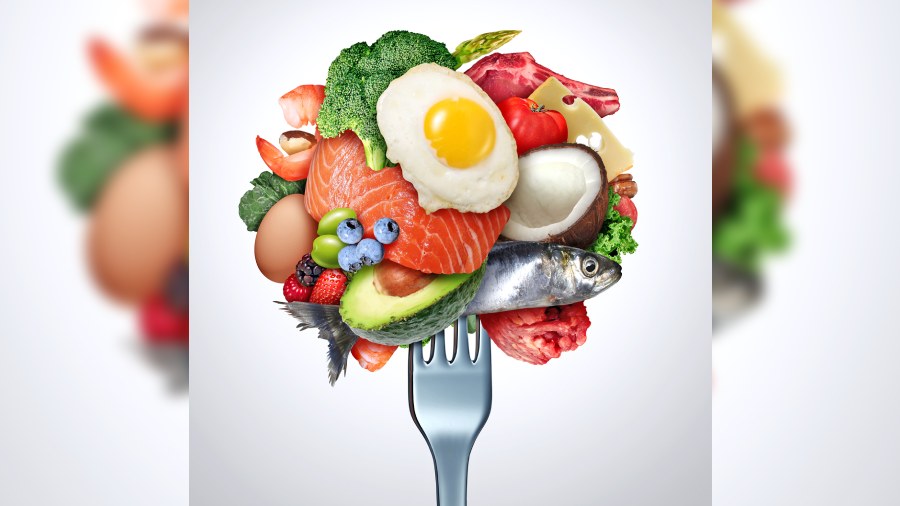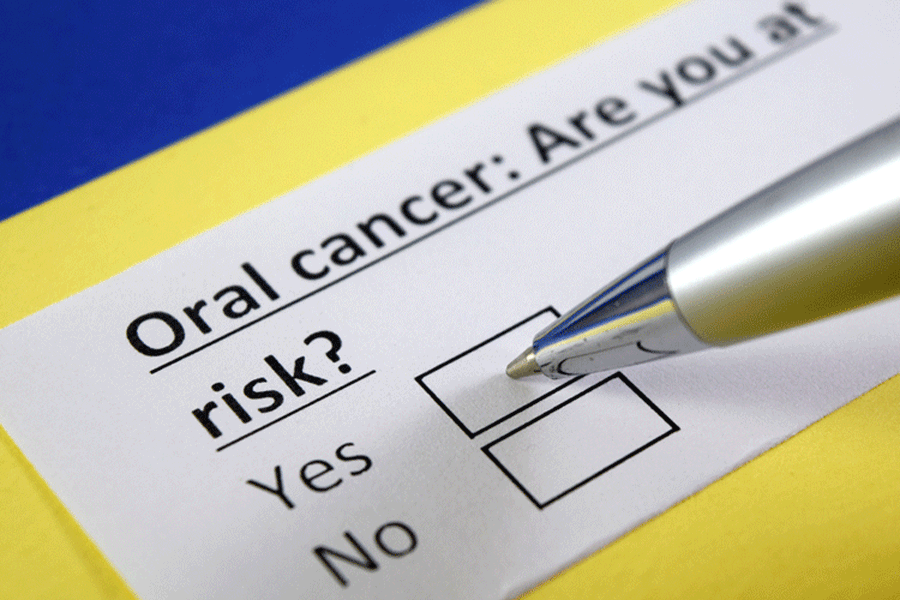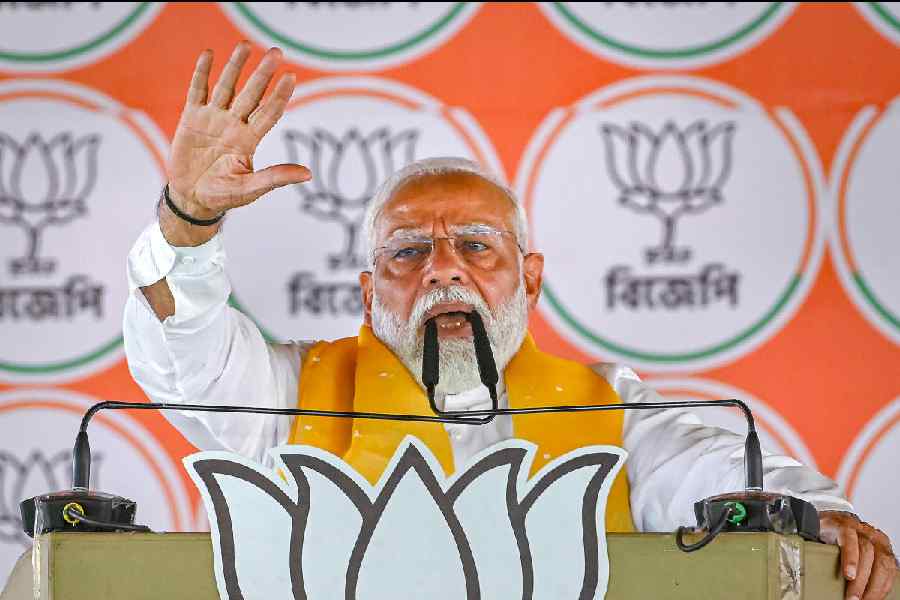The diet is hailed as a “weight-loss wonder” which apparently reduces hunger, controls diabetes, treats epilepsy, manages high blood pressure and even prevents fat deposition in the body.
The ketogenic or keto diet — low on carbs with little protein but high on fat — is one of the fad diets in the West and many westernised youth in India swear by it. Although the exact ratio of its constituents is a debatable issue, in general the intake of 70-80 per cent fat, 5-10 per cent carbohydrate and 10-20 per cent protein is considered a keto diet.
Dr Asish Chaudhuri is an aging research scientist who works as a consultant for US pharmaceutical firms. Previously, he was a senior scientist at the Buck Institute for Research on Aging in California in the US, where he and his colleagues discovered a unique mechanism of the keto diet. He says, “Our findings indicate that one of the key components of the keto diet is beta hydroxybutyrate (BHB), which acts like a vacuum cleaner, removing soluble toxic proteins (considered causative elements for neurodegeneration) that roam around your body as you get old.”
The diet resets how our body uses food. Usually carbs (such as staple starch food) provide most of the energy to keep us moving or working. But as we age, we move or work less and can’t burn the carbs that eventually lead to obesity, diabetes, hypertension and several other disorders.
The keto diet lowers the amount of carbs you eat and teaches the body to burn fat for its energy requirement. This process is called ketosis as the body makes things called ketones, which it can use as fuel. According to Chaudhuri, BHB is the key fasting fuel as it provides a key metabolite called Acetyl CoA — a versatile bio molecule involved in carbohydrate, protein and lipid metabolism. This molecule finally gets converted to adenosine triphosphate or ATP, the source of energy for use and storage at the cellular level, through a metabolic cycle called tricarboxylic (TCA) cycle. “As BHB helps skip multiple steps of energy conversion in the body, it’s called the fasting fuel,” adds Chaudhuri.
“The keto diet became popular as therapy for epilepsy, especially in children, since the 1920s,” says Vijaya Agrawal, who is the chief dietician at AMRI Hospitals, Calcutta. “The diet works by changing how the brain gets energy to function and reduces seizures.” The keto diet is still recognised as an effective treatment for epilepsy that resists usual drug therapy.
But emerging data from multiple studies suggest that a ketogenic diet could also be useful in some age-related neurological disorders such as Alzheimer’s, Parkinson’s and dementia.
“Substantial evidence suggests multiple metabolic processes turn slow when we age. Most of the defence mechanisms [against toxic damages in cells] deteriorate with age,” says Chaudhuri. “As a result, aberrant bad proteins accumulate in our body, which become toxic and cause deleterious effects to cells and organs,” he adds. According to him, it has been found that from middle age (around 40) onwards, machines in the body become weak; they fail to function efficiently because the glucose or carb uptake gets compromised.
The BHB produced in a keto diet plays a key role in recognising the damaging proteins “BHB recruits toxic soluble proteins to form non-toxic larger aggregates with these culprit proteins and cleans up the cellular environment, aiding a healthy aging process in the body,” he says.
This theory, however, has only been tested in mouse models and is in the preclinical stage of research. It has a long way to go before clinical trials start on humans. The goal of the research is to eventually turn BHB into a pill “to gear up the energetics and maintain the protein quality and normal organ function in our body”.
Till then, Chaudhuri advises adults to change their diet as they age. Such a shift, however, is a challenge for Indians or Asians as carbs form the main component of their diet. He says, “If we shift to brown rice or red rice, the amount of simple carbohydrate is much lower compared to polished rice. In addition, legumes, tofu, egg, fish and chicken can be as good as a keto diet.”
Agrawal, however, maintains, “A sudden shift to a keto diet in the elderly may be detrimental without proper guidance.” She suggests that healthy elderly people have at least 80-100gram of carbohydrates a day instead of the 30-40gm prescribed in the keto diet. “A high intake of fat is also not advisable,” she warns.
The bottomline: look before you leap into any fad diet.










